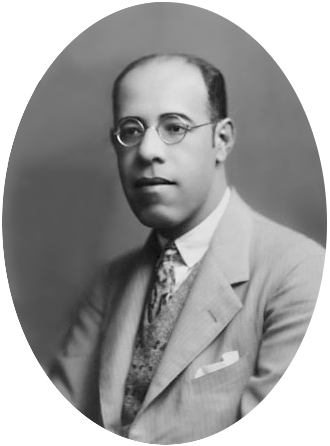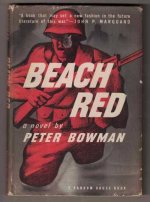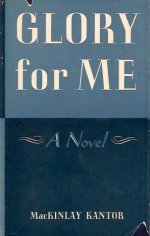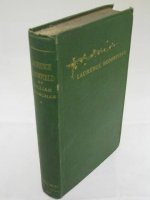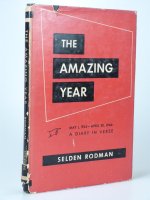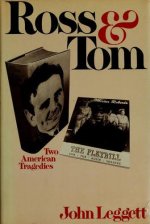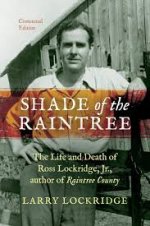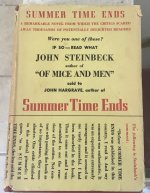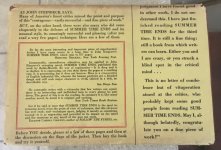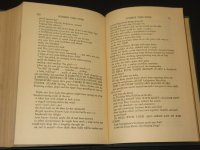JCamilo
Reader
I don't think so.
Morte e Vida: Severina is an epic poetry (or drama in verses) and, in my opinion, doesn't sound like a poetic novel.
I never said it was a poetic novel. Several works mentioned in this thread fit more in the notion of narrative poems (which Morte e Vida, as a Dramatic Poem, an Auto is) and not the novel format. Epic poetry is not the same as drama in verses either and calling it epic is as suited as calling it a romance, elements of both are find in Cabral poem, perhaps more misleading since it does intend to follow suit with the epic portuguese tradition and more popular poetry, since Autos arent exactly epic poetry, but a medieval, popular and often comical kind of work. Unless you are using epic about the length of the poem, which is fine i guess.
It sounds like a proleratian play and is the answer for Orfeu da Conceição (Black Orpheu) by Vinicius de Moraes (which adapted into a film and won the Oscar in 1960).
But I can see Sousândrade's O Guesa (The Guesa) as a proto-modern/avant-garde poetic novel, specially its Canto X which was written in 1878 and was very advanced for that period.
The Canto X was renamed as Hell in Wallstreet by de Campos brothers in 1962 and sounds like a early post-modern novel (with non-sense dialogues and proto-stream of consciousness) and proto-dadaist poetry.
There is Cobra Norato by Raul Bopp which could be classified as a poetic novel too, but in my opnion it is an epic poetry in free verses.
The problem about the Campos brothers is that sometimes even their poetry looks not like poetry
What do you think about Del Picchia? He mixed genres so much between prose, drama and lyrical verses that he may be here. Or at least as a Oscar Wilde wannabe?
And Liam, does Wilde fit in for you? He did seems like a Lazy stylist, sometimes trying hard to be witty and poetic in platitudes?
Lol, to each their own. I didn’t mind the stiffness and liked the compactness, it reminded me of some of the old Edda poems I’ve read. I guess I enjoyed it because Tolkien avoided a more modern style like you mention Morris using.
I think he sometimes sounded more stiff than the Eddas
Morris and all those raphaelits have a thing for style. Blablaaabla, just blabla. I guess they get more interesting when we consider they are insisting in this kind of poetry when the french are making it impossible to be narrative
Now i remember a letter from Gorki to Tchekov. In this letter, Gorki was saying Tchekov style was so poetic and natural that would destroy all realism.

